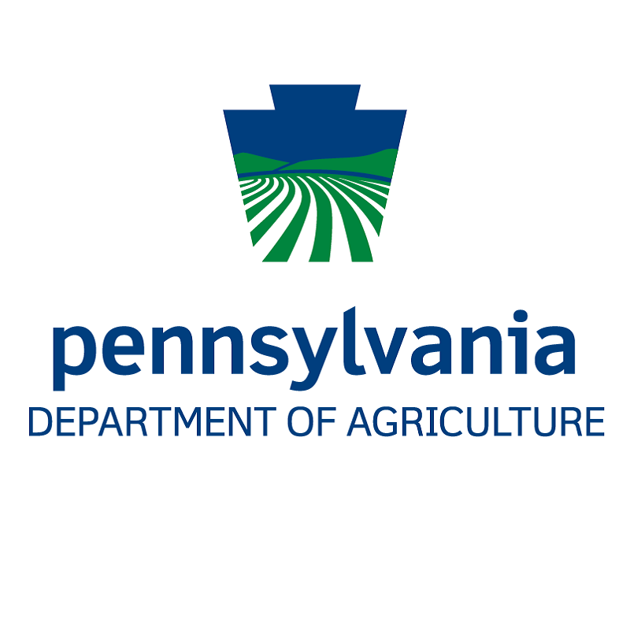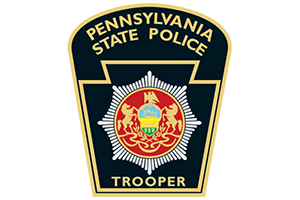Harrisburg, PA – Department of Human Services (DHS) Secretary Teresa Miller today reminded Pennsylvanians of the pilot program that allows Supplemental Nutrition Assistance Program (SNAP) recipients to purchase groceries online through participating retailers approved by the United States Department of Agriculture (USDA). Last month, SNAP recipients bought more than $10.5 million worth of groceries online through Pennsylvania’s pilot program.
“Just five months since its launch, this program has already made a significant and positive difference in the lives of the Pennsylvania families who have chosen to take advantage of it. SNAP recipients deserve the same flexibilities and conveniences of our economy as anyone else,” Secretary Miller said. “But this is about more than convenience. COVID-19 cases are on the rise, and Pennsylvanians need to be increasingly cautious about risk of exposure. Online food shopping empowers Pennsylvania’s families to protect themselves and vulnerable loved ones, and I’m pleased that SNAP families are now among those protected in this way.”
The pilot program allows SNAP recipients to purchase groceries from home, which can help limit trips out of the home as Pennsylvania sees rising cases of COVID-19. In the most recent month ending October 20, nearly 3 percent of Pennsylvania’s SNAP transactions were used to purchase food online, equating to nearly 142,000 total transactions. The pilot program currently includes four approved retailers: Amazon, the Fresh Grocer, Shoprite, and Walmart.
SNAP is an important supporter of Pennsylvania’s economy, with more than 10,000 authorized retailers participating in SNAP across Pennsylvania. In May 2019, the United States Department of Agriculture (USDA) published a study on the influence of SNAP redemptions on the economy and county-level employment in the time leading up to, during, and after the Great Recession. This study found that SNAP redemptions could have a greater economic stimulus impact than other forms of government spending per dollar spent, especially during a recession, because they are paid directly to low-income individuals. For instance, the grocery subsidies deliver food directly to tables along with a financial return into rural supermarkets and small businesses in those communities.
“This rapid expansion of SNAP online is an essential move that now provides safe access to food for those in greatest need. As the association representing the retail food industry in Pennsylvania, the PA Food Merchants Association supports the work of the Department of Human Services in promoting the program to SNAP recipients and encouraging retailers to participate,” said Alex Baloga, president and CEO of the Pennsylvania Food Merchants Association. “With the increased needs and challenges families face during the pandemic, this program makes grocery shopping less daunting.”
Retailers that are interested in participating in the online pilot program must contact the USDA’s Food and Nutrition Service (FNS) and review the requirements. Retailers that do not wish to join the pilot program can still offer delivery or pick-up flexibility options for SNAP recipients by using mobile EBT processing equipment that would allow customers to pay with SNAP when groceries are delivered or picked up. Farmers’ markets may be able to receive this processing equipment at no cost through a grant opportunity provided by DHS.
“I believe Pennsylvania’s SNAP families would welcome additional retailers into this program, and I encourage more companies with Pennsylvania locations to consider participating. Online food shopping – especially during a pandemic — is a win-win-win for Pennsylvania families, retailers and the economy,” Secretary Miller said.
Only eligible food items normally paid for by SNAP may be purchased from participating retailers online with SNAP benefits. Delivery fees, driver tips, and other associated charges may not be paid for with SNAP benefits. This initiative does not include the ability to transact Cash Assistance benefits using the EBT card; therefore, individuals will need to use another method of payment, such as a pre-paid debit card, to cover non-allowable fees. More information about Pennsylvania’s pilot program is available here.
Applications for SNAP and other public assistance programs can be submitted online at www.compass.state.pa.us. Those who prefer to submit paper documentation can print the application from the website or request an application by phone at 1-800-692-7462 and mail it to their local County Assistance Office (CAO) or place it in a CAO’s secure drop box, if available. While CAOs remain closed, work processing applications, determining eligibility, and issuing benefits continues. Clients should use COMPASS or the MyCOMPASS PA mobile app to submit necessary updates to their case files while CAOs are closed.
For more information about food assistance resources for people around Pennsylvania impacted by COVID-19 and the accompanying economic insecurity, visit https://www.agriculture.pa.gov/Food_Security/Pages/default.aspx.











